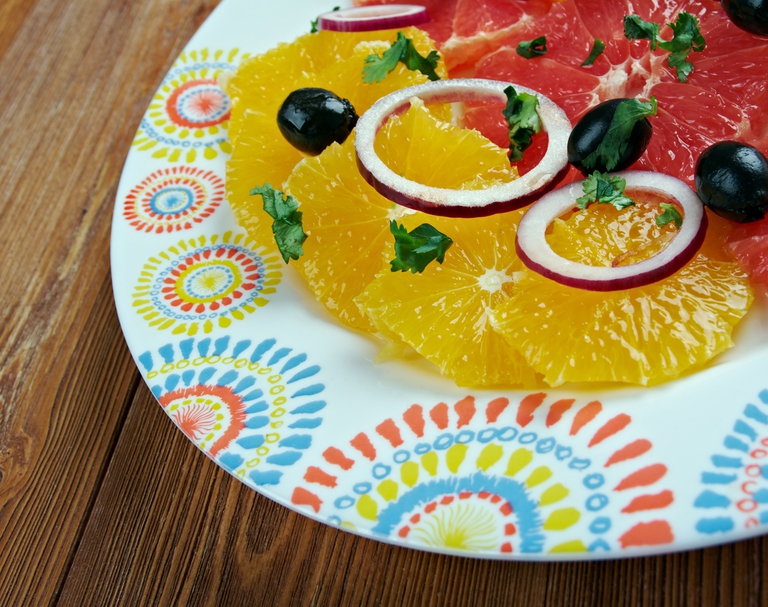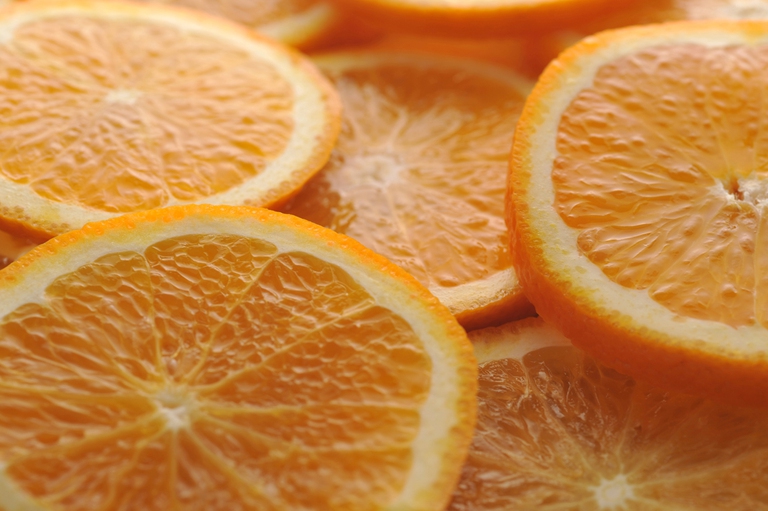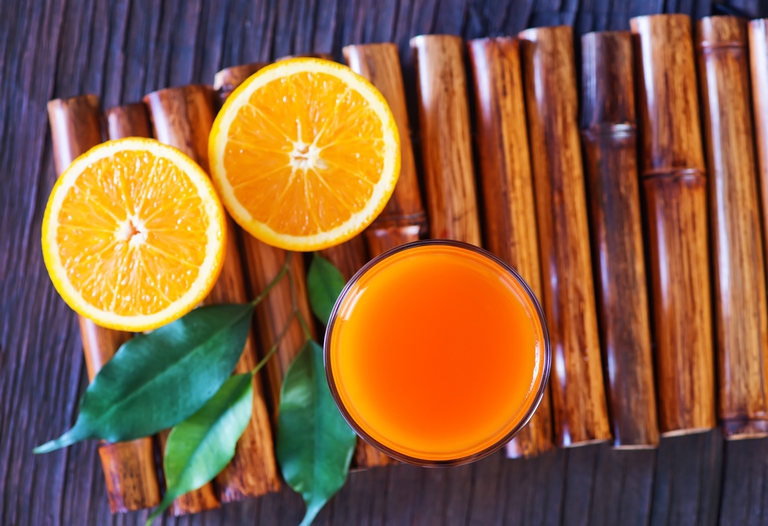
Factory farming conditions and antibiotic-resistant pathogens emerging as a result of them pose an existential threat to humans in the form of zoonotic diseases. Why it’s time to produce and consume food more thoughtfully.
A great source of antioxidants, oranges fight free radicals and boost your immune system and metabolism.
Among all citrus fruits oranges plays an important role on your winter table: its aroma recalls the intimate atmosphere of cold months and, at the same time, the sun of southern regions and the mild climate of coastal cities. Orange trees, indeed, grow exactly along the shores of the Mediterranean Sea, where temperatures are never too rigid and there’s much sunlight.
There are two main cultivars: citrus aurantium, the bitter orange, whose whole fruits are excellent when they’re candied with sugar and honey and whose pulp is used to prepare marmalade; citrus sinensis, the sweet orange, whose fruits can be eaten the way it is or squeezed. There are many varieties of sweet oranges belonging to two large families, common oranges (or blonde) and blood oranges (or pigmented) according to the colour of the pulp, the size and sweetness of the fruit.
Known to be a great source of vitamin C (one fruit a day basically meets the daily requirement), oranges are also rich in vitamin A, calcium and potassium. The peel (flavedo) is rich in beta carotene and vitamin E as well as precious aromatic essences that, thanks to their high content of terpenes, regulate the production of cholesterol, protect against tumoural agents, calm your heart and tackle insomnia. Even the white part under the peel (albedo) has amazing properties: thanks to the large amounts of vitamin P (rutin) it contains, it promotes the absorption of vitamin C, which in its turn stores calcium in the bones.
In this fruit there are many ingredients that work together: according to a study, fresh orange juice is much more effective than vitamin C alone in the prevention of stomach cancer. Eating at least one every day could reduce by as much as 50% the risk of mouth, larynx and stomach cancer. A study conducted by Australian experts revealed that adding just one orange to a daily diet rich in fruits and vegetables reduces the risk of heart attack by 20%.
Oranges are a great source of antioxidants: there are as many as 170 natural chemical elements in oranges, including about 60 types of flavonoids that have anti-inflammatory properties that can prevent the formation of atherosclerotic plaques.
The most appreciated variety is blood oranges: they are tastier and richer in nutrients and they contain twice the vitamin C of common oranges. These include Tarocco, Moro and Sanguinello, grown in Sicily and distinguishable from their bloody red pulp. The pigments (anthocyanins) that colour blood oranges red help fighting free radicals. Studies on Moro blood oranges revealed that consuming one of these fruits daily triggers metabolism and reduces cholesterol levels, blood pressure and insulin resistance.
Siamo anche su WhatsApp. Segui il canale ufficiale LifeGate per restare aggiornata, aggiornato sulle ultime notizie e sulle nostre attività.
![]()
Quest'opera è distribuita con Licenza Creative Commons Attribuzione - Non commerciale - Non opere derivate 4.0 Internazionale.
Factory farming conditions and antibiotic-resistant pathogens emerging as a result of them pose an existential threat to humans in the form of zoonotic diseases. Why it’s time to produce and consume food more thoughtfully.
The world of cinema recognises the link between food choices and the climate crisis by offering vegan menus for awards season events, including at the most important of them all: the Oscars.
Let’s look at the reasons behind the growth of veganism in India, as a small yet vocal section of the population turns towards this diet and lifestyle in the largest milk producing country in the world.
by Jeffrey Y. Campbell, Manager of the Forest and Farm Facility at FAO In the Ecuadorian Amazon, Kichwa farmers grow dozens of products on tiny parcels of land. Their lands hum with biodiversity, yielding nutritious foods that have sustained families for generations. Wandering among fruit and nut trees and crops, these indigenous agroforesters fill their baskets
Mint has many health benefits, but in food it’s often accompanied by artificial green colourings. Instead, Galatea has created a green mint ice cream in a completely natural way.
We’re talking about Galatea, a company that produces semi-finished products for artisanal ice creams using high quality ingredients, natural colouring, excluding thickeners and hydrogenated fats, respecting the environment and supporting the less fortunate.
The mad rush to fake food, like fake meat made with genetically-modified soy, ignores the importance of the diversity of our foods and culinary cultures. It’s a recipe to accelerate the destruction of the Planet and our health.
Like with all foods, the quality of an ice cream can be discerned by reading its label. An expert explains how to do this, and tells us how their company steers clear of chemicals, using only natural ingredients to produce an excellent and “free” ice cream.
Quality ingredients, no artificial colouring and hydrogenated fats. These are the main features of a great ice cream. But what makes an ice cream parlour “good”, i.e. sustainable?











